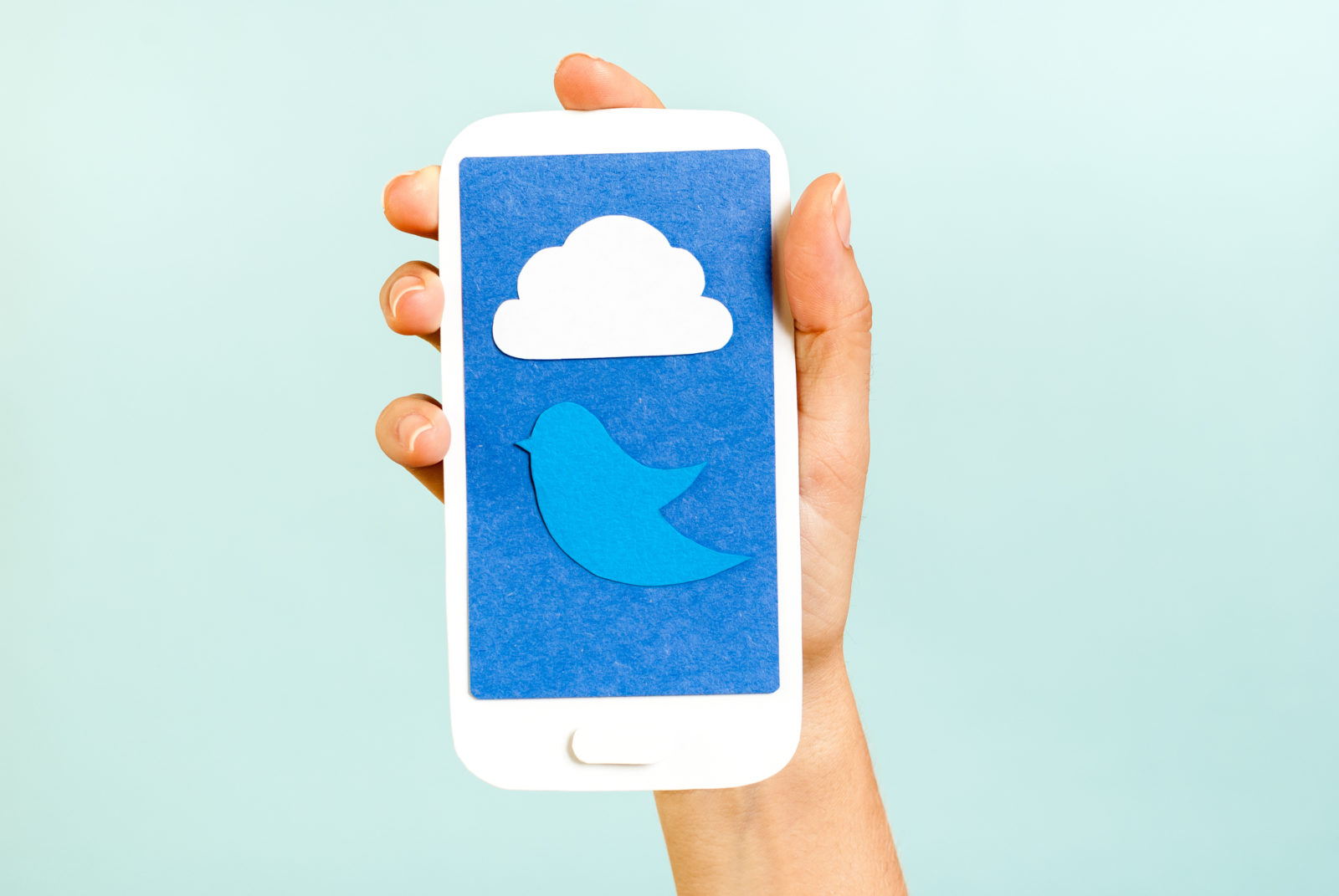What’s Worse: Big Government or Big Tech? Both
Originally published at RealClearPoliticsWhen the federal government gets together with social media giants to censor critics of the government, is that free speech or censorship?
A case moving its way through the federal court system argues it’s censorship — a violation of Americans’ First Amendment right, not only to free speech but also to hear differing arguments.
A federal judge set up an “expedited discovery schedule” Friday.
The lawsuit filed by Missouri Attorney General Eric Schmitt and Louisiana Attorney General Jeffrey Landry argues that when Washington tells Twitter, Facebook and YouTube which information and people they should exclude, and the platforms follow that direction, that is government censorship.
The story begins when Phil Magness, director of education for the American Institute for Economic Research, used the freedom of information act to obtain communications between Dr. Anthony Fauci, the face of the White House Coronavirus Task Force, and Dr. Francis Collins, then head of the National Institutes of Health.
The results, Magness told me, were “completely unexpected.” Notably, Magness found an email in which Collins suggested to Fauci that they “take down” authors of the October 2020 Great Barrington Declaration, which in the heat of governments’ COVID shutdown panic, urged “focused protection” for vulnerable individuals as most Americans returned to normal.
Collins dismissed the authors as “fringe epidemiologists” and suggested a “quick and devastating published take down” of their work.
Of course, Fauci and Collins were within their rights to object to the declaration — even if it turned out the “fringe” authors were right and the establishment experts got it wrong.
But they went too far, the complaint argues, by using their positions of government power to push social media platforms to squelch dissent.
The answer to bad speech used to be, not censorship, but more speech. Now Silicon Valley scolds can delete your account because of what the powers-that-be dismiss as “misinformation,” or fiddle with access to it, and you may not even know it.
And they know they can do it, because elected politicians like President Joe Biden are cheering them on.
Stanford University Medical School professor, physician and epidemiologist Jay Bhattacharya, one of the authors of the Great Barrington Declaration, joined the lawsuit. The suit, he explained, “isn’t aimed at social media directly, it’s aimed at the government.”
The complaint also targets other blatantly partisan acts of federal overreach.
When the New York Post published its scoop about the contents of Hunter Biden’s laptop, Twitter locked the New York Post’s account.
Facebook founder Mark Zuckerberg recently told podcaster Joe Rogan that Facebook buried the laptop story after the FBI warned his team Russia might release unspecified misinformation during the 2020 campaign season.
And guess what: Censorship works. The New York Times and Washington Post didn’t cover the laptop story seriously until 2022.
The lawsuit aims to end section 230 of the Communications Decency Act, which protects platforms from legal liability.
Bhattacharya is puzzled that there is “shockingly little coverage” of this lawsuit. “It seems to me like a major First Amendment case.”
No lie. Big Government has gotten into bed with Big Tech, their offspring likely will grow into Big Brother.
